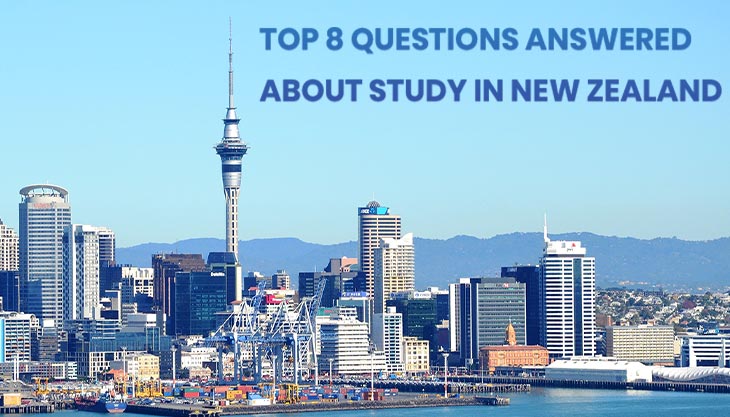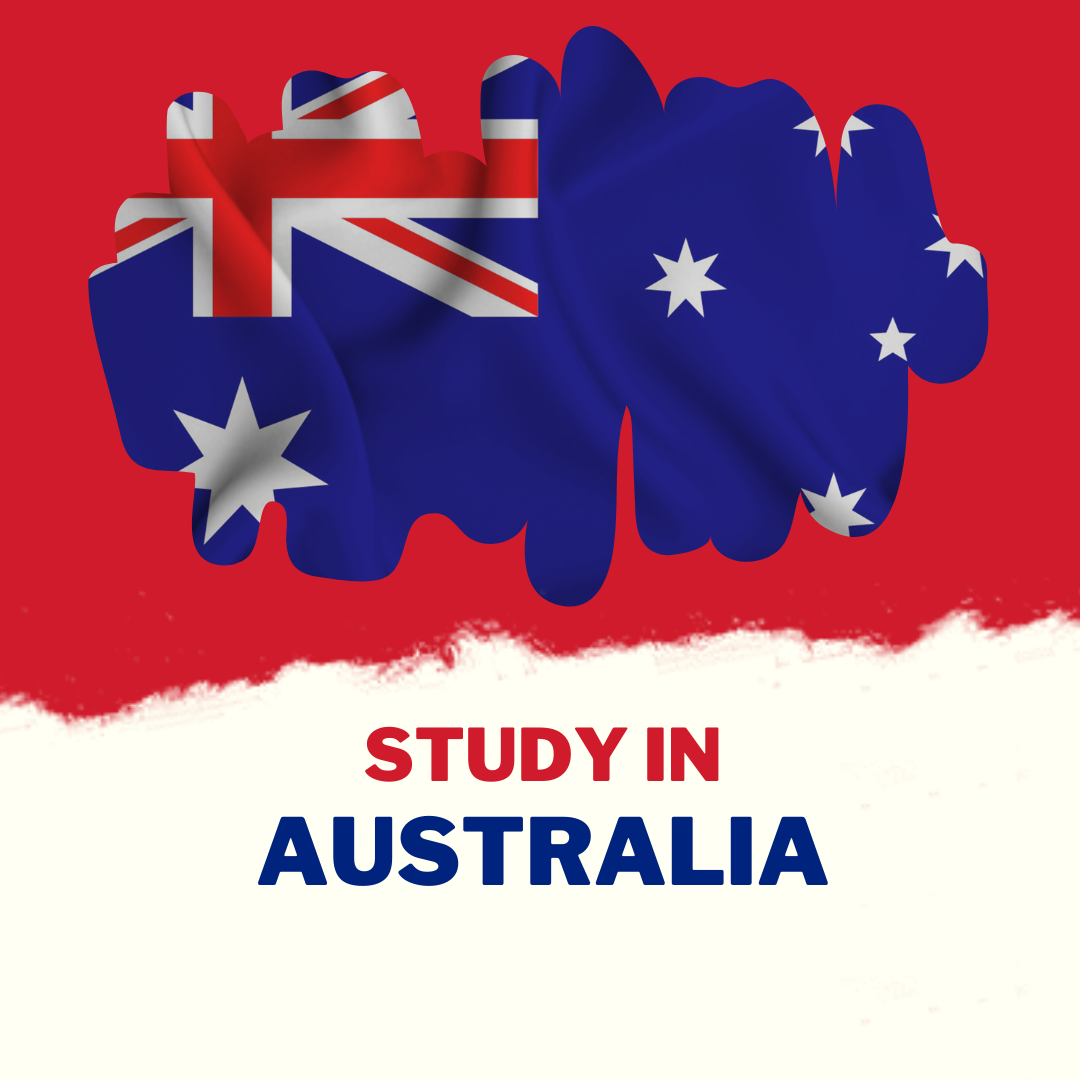INTRODUCTION
New Zealand is now one of the fastest-growing destinations for Overseas Education. With a rapidly increasing cross-cultural environment that sees aspirants from all over the world coming together to share in the knowledge, New Zealand is the most popular destination for the same. While the people are warm and welcoming, the amazing locations, scrumptious cuisines and growing immigrant population will make you feel at home. Now Study in New Zealand, and build your career successfully.
Hurray Overseas Education Consultants will ensure that you are guided every step of the way to come to the right decision. Right from the application process till you reach the country, Hurray is the one of the few Overseas Education Consultants in Bangalore, that caters to your needs even after you have landed and settled in. You could use the following information to make up your mind about the educational opportunities in New Zealand.
Here are a few FAQs regarding Studying Abroad in New Zealand.
1. What are my options as a postgraduate student in New Zealand?
The most common graduate programme, following the award of a Bachelor’s degree, is a Master’s degree. It may be of 1 year’s duration, where the programme is based on taught coursework, or of 2 years’ duration, involving the completion of a research-based thesis/dissertation.
Alternatively, other programmes offered by New Zealand universities are graduate diplomas and certificates, typically of shorter duration and smaller scope than a Master’s and primarily oriented toward professional development.
To qualify for further studies i.e. a PhD programme, a Master’s degree is typically required.
2. What are the eligibility criteria for admission into a New Zealand university?
The minimum requirement for entry into a New Zealand university postgraduate programme is a Bachelor’s Degree, awarded by a recognised tertiary education provider. Each university/programme will set its own minimum required score, and may have additional requirements, such as a Bachelor’s with Honours i.e. an additional 4th year of study.
The Indian 3-year Bachelor’s Degrees, e.g. BA, BCom, or BSc, are considered for admission to several postgraduate programmes in New Zealand.
3. What are the language requirements for admission into a New Zealand university?
Programmes in New Zealand are taught in English. Non-native English speakers will be required to provide proof of sufficient proficiency in the language, in order to be considered for admission.
The preferred international language test accepted by all New Zealand universities is IELTS. Each university/programme sets its own minimum required score, which usually does not dip below 6.5 overall with no individual band score below 6.0.
Other international language tests also considered include TOEFL internet (iBT) or paper (pBT)-based, or Pearson’s PTE Academic.
4. When can I start my course in New Zealand?
Universities in New Zealand generally have two intakes in a year. In terms of the ‘semester system’, with which we are more familiar in India, each intake refers to an independent semester – however, unlike the Indian system, students can choose to commence their course in either intake, based on which is best suited to them or their chosen programme.
Intakes:
Intake 1 – January or February (with certain universities/programmes commencing in March)
Intake 2 – July (with certain universities/programmes commencing in August)
5. How much will it cost to study in New Zealand?
The tuition fee for most Masters programmes ranges between 26-40000 NZD per annum. The fees for programmes in Arts and Humanities subjects usually fall in the lower end of the spectrum, while those for STEM and Medicine usually fall in the higher end. MBA programmes usually cost the most.
Additional fees such as the Student Services Levy of 750-800 NZD, and/or other university/programme-specific discretionary fees would also be incurred. Health insurance for overseas students is compulsory and a prerequisite for the visa application.
The cost of living in New Zealand varies between its 2 major islands, with an average cost of 15-20000 NZD per year for residents of South Island, and 18-25000 NZD per year for residents of North Island.
International students will also incur an additional cost in terms of the Student Visa fee which is currently set at 330 NZD.
6. Are there scholarships available to help fund my studies in New Zealand?
There are selected scholarships available for international students studying in New Zealand – for instance, the New Zealand International Scholarships offers an award covering full tuition fees among other costs, to eligible students from target countries to undertake study at any level in a field of developmental relevance to their home country. Individual universities/programmes often also offer funding to their graduate students.
7. Can I work while I study in New Zealand?
The New Zealand Student Visa can permit international students up to 20 hours of work during the semester, and full-time work during the holiday periods, subject to certain conditions.
8. Can I stay back and work in New Zealand after I graduate?
After graduation, international applicants holding an eligible qualification are permitted to apply for the Post Study Work Visa, which permits them to stay back in the country for work for 1-3 years, depending on certain criteria.
If you have more questions or would like more detailed information regarding studying abroad in New Zealand, the Hurray Overseas Education Consultants can help. Get in touch with us via email: overseaseducation@hurrayedutech.com, or phone: 8971357928, for more details.











Post Comments